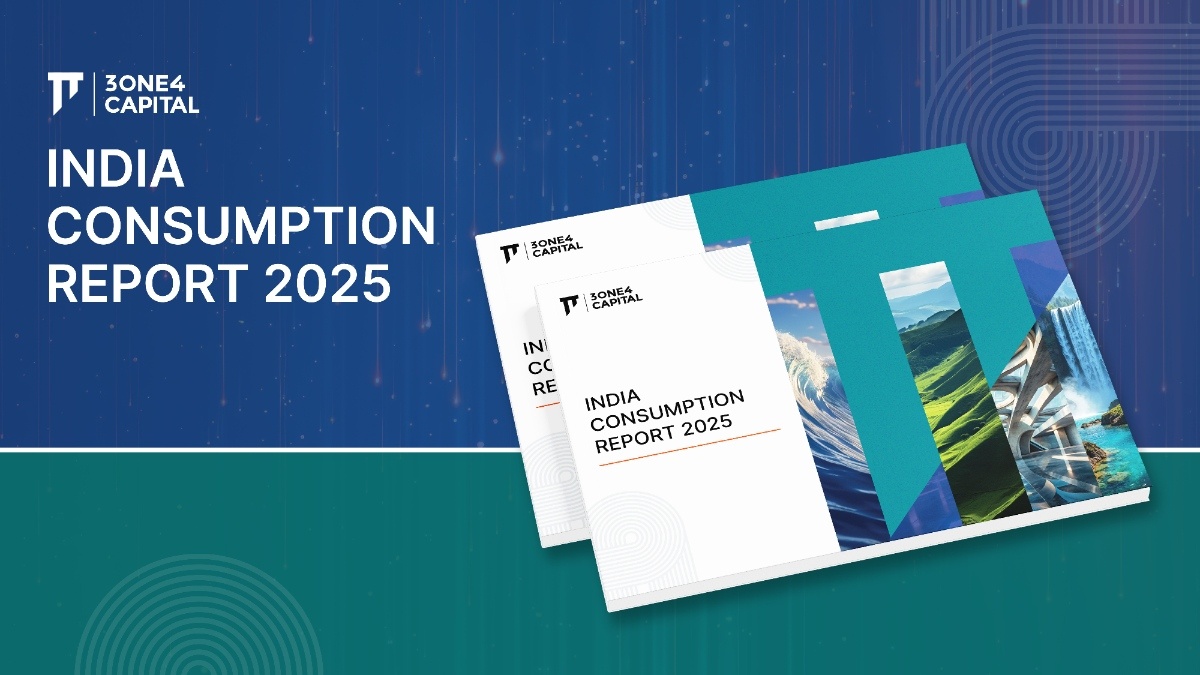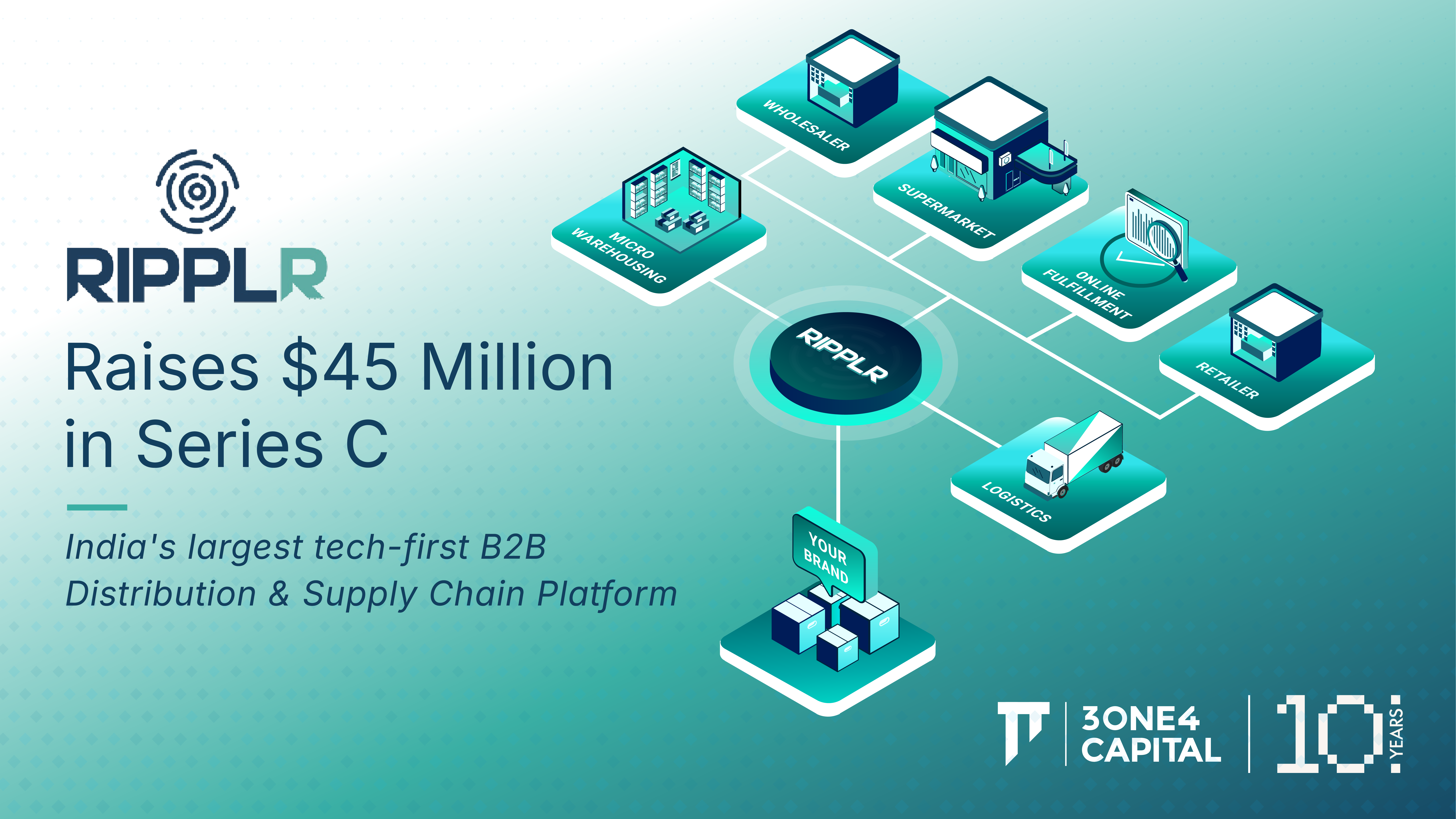
Lessons From The Adani Saga
The Adani saga contains many lessons for India's industrialists and its fast-growing set of next-generation entrepreneurs. Many startup entrepreneurs view listing their company on the public market and running a publicly listed company as natural extensions for their nascent enterprises. And the ongoing saga underscores the importance of robust governance, convening a high-quality board, setting realistic valuation growth expectations, and leveraging debt suitably.
In a nutshell, a predatory short seller from overseas identified an opportunity, created a massive short position, and released a research report that made claims about bad governance against Adani. This led to a steep decline in the stock, destroying a massive part of the market capitalization that Adani had amassed earlier.
Of course, the Adani Enterprises market cap itself had shot up tremendously over the last 24 months for reasons that are very difficult to fathom at this point. But this story demonstrates that as and when a company achieves scale and higher value, the standard of corporate governance must improve dramatically, enhanced transparency must be maintained, and information flows have to be different than earlier. The simple reason is that higher valuations attract the constant attention of both the public eye and stock analysts. As the stock price ascends, the company attracts more capital and becomes the target of increased scrutiny. When this happened to Adani, the company was caught short on standards of governance. It also showed signs of believing too much in its own valuation without considering extraneous market forces.
The market and economic forces are the ultimate masters of a capitalistic economy. Adani made the cardinal error of equating himself with India. No company can be bigger than the nation, its economy, or its stock market. This is true for any country with a stable economy and stock market system. Even though the company may be the largest company in the stock market, equating oneself with the country is unacceptable.
Another vital issue to note here is that the market price of listed shares is marked at valuations that keep changing. This depends on a variety of reasons, from the country’s capital flows to the state of the market and which sectors investors are currently interested in. Ultimately all corporations get valued on a comparative basis with other companies in the same space. In the event that the valuation is markedly out of sync with competitors, the company must be careful. The market itself can become grossly overvalued at times, as can be seen in the NASDAQ boom when valuations shot up.
In the early 2000s, Infosys was once valued at 55 times sales and 200 times EPS. For the next four years, even though earnings grew at a remarkable 43% per year, valuations reduced to more reasonable levels. At a time when the valuation is out of sync with comparables, one must be mindful not to do anything that can be construed as making bullish remarks to pump up the stock price. Believing in the stock price and making statements about taking valuations of all companies in the group up to a trillion dollars or about investing more than $90Bn at a time when one is highly leveraged demonstrates naivety about market dynamics. When one grows bigger in value, one needs to be more conservative and put in the appropriate risk management practices
Being in a highly- or over-leveraged position can be a double-edged sword. Higher leverage in infrastructure and other annuity-based businesses can generate higher returns on equity. Still, it can also act as a millstone when the market goes down, or the economy stops growing. During difficult times, debt servicing becomes challenging, and access to new debt at reasonable terms reduces, as does financial flexibility. Companies must maintain robust frameworks around debt financing that enable financial flexibility and risk management. As seen here, Adani had multiple debts on the promoter accounts, promoter shares, debt in the companies, and debt in the form of bonds. The attention of the market, shareholders and analysts is inevitably focused on the high level of debt. The debt may be serviceable since the businesses are annuity businesses with steady revenues. However, when debt is combined with high growth, access to continued debt in the future cannot be taken for granted. Right now, Adani is in a position where taking on more debt to fuel growth aspirations may prove difficult.
This saga also demonstrates that it is crucial for all companies to create a good board, one that lends credibility to the organisation. It is noteworthy that no board member of the Adani group has made any public comments or stood up for the company. In times of crisis, shareholders expect Independent Board members to stand up, take charge, and restore confidence. The Adani companies behaved like Proprietorships, not Board governed listed companies. It is essential to have boards with high-quality, experienced people who act as sounding boards on various decisions, execute their job as per law, and ensure that during a crisis, the shareholders and other stakeholders have a voice. The utility and integrity of the board are exhibited at the time of crisis, which has not happened in this case.
Overall, the Adani saga has many lessons for Indian corporates. Entrepreneurs would do well to take the time to reflect on and scrutinise their businesses and take steps to ensure growth is not handicapped by any of the factors that Adani faced.
Originally published in BusinessWorld


.webp)












